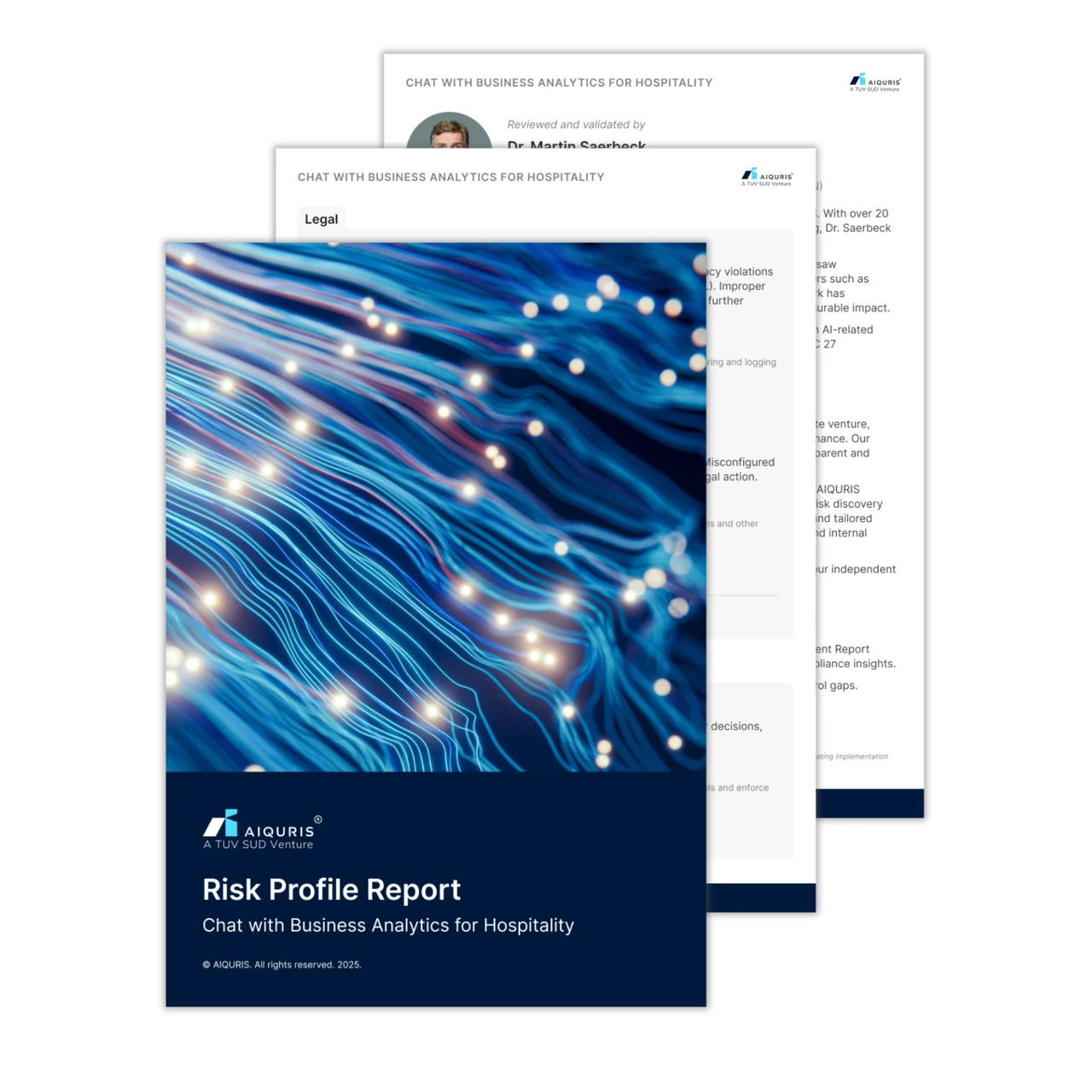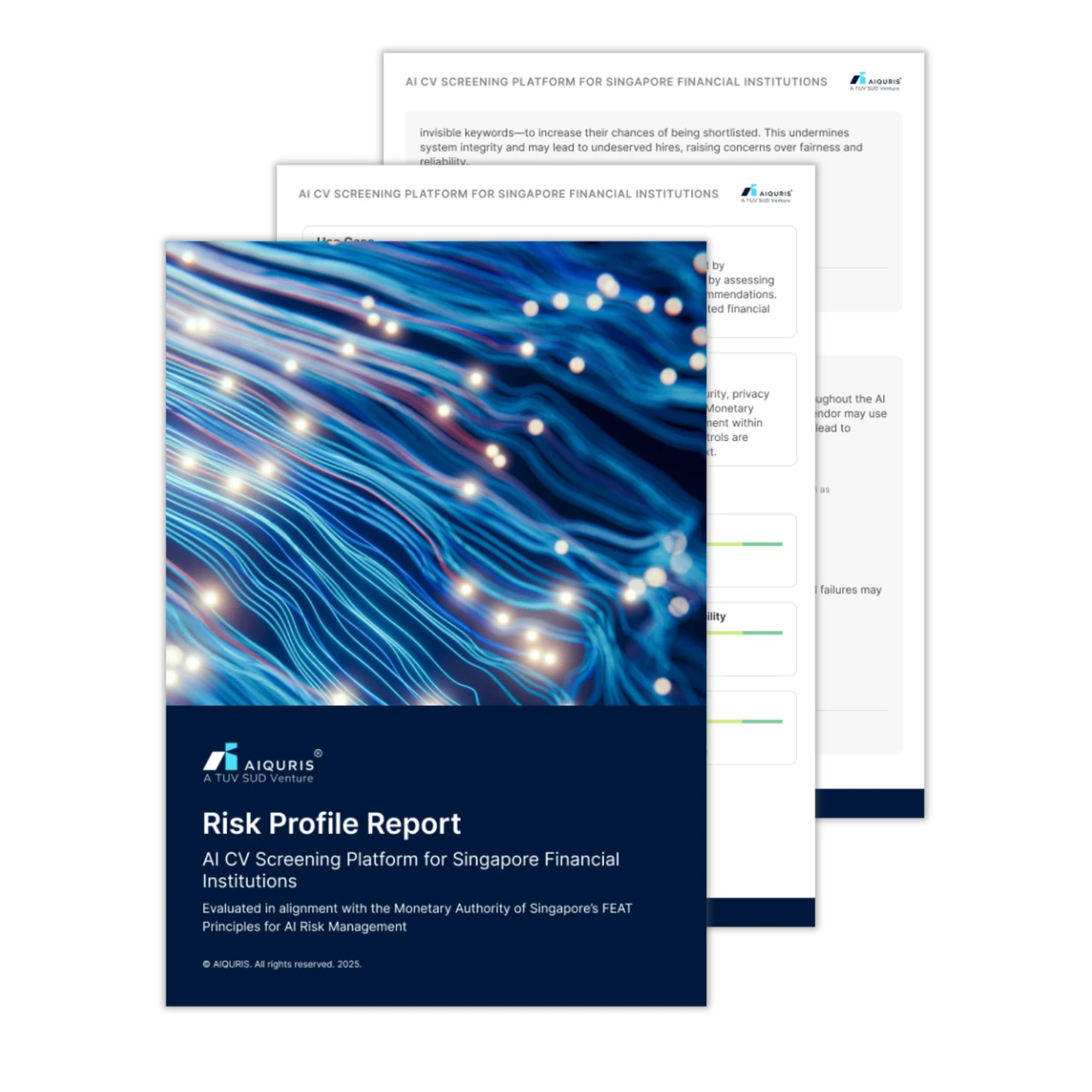In North America, over 63% of organisations consider AI ethics to be significantly important, highlighting the growing awareness of ethical issues as AI transforms industries1. As organisations increasingly rely on AI for crucial decisions, understanding these implications is imperative. This article explores key concerns surrounding AI and ethics, highlights recent failures in ethical AI deployment, and discusses strategies for responsible AI practices.
The Importance of Ethical AI
As AI systems influence lives through hiring, lending, healthcare, and more, the ethical implications grow ever more pressing. Many organisations grapple with challenges as they deploy technologies that can perpetuate biases inherent in training data2.
Key Ethical Concerns in AI
-
Bias and Discrimination: One of the most pressing issues in AI ethics is bias within AI models. For instance, Amazon abandoned an AI recruitment tool after discovering it favoured male candidates due to biased historical resume data. Such instances highlight the need for fairness in algorithmic decision-making, as unchecked bias can lead to discriminatory outcomes and legal repercussions. Regulatory bodies are increasingly scrutinising biased AI systems, and failure to mitigate bias can result in lawsuits, reputational damage, and compliance penalties. AIQURIS ® helps organisations assess AI governance risks related to fairness, ensuring AI deployments align with global frameworks like the EU AI Act. By offering risk profiling, compliance insights, and mitigation guidance, AIQURIS ® enables businesses to address AI governance gaps before they escalate into regulatory violations.
-
Transparency and Explainability: Many AI algorithms operate as black boxes, making it difficult to understand how they reach decisions.The EU AI Act mandates explainability for high-risk AI systems, including those used in credit scoring, legal assessments, and medical diagnostics. Failure to provide explainable AI decisions could result in hefty penalties such as GDPR fines—up to €20 million or 4% of annual global turnover3. AIQURIS ® enhances transparency with regulatory-aligned explainability guidelines, helping organisations meet EU AI Act and ISO 42001 standards through risk-based recommendations, documentation support, and continuous regulatory monitoring.
-
Privacy: With AI processing vast amounts of personal data, privacy concerns are paramount. Legislative measures like the California Consumer Privacy Act (CCPA) require businesses to rethink how they collect and handle user data. Under CCPA, companies face penalties of up to $7,500 per consumer record if they fail to safeguard personal information 4. This makes compliance with AI-driven data collection policies essential to avoid financial and reputational losses. AIQURIS ® integrates advanced data governance and privacy controls, ensuring AI systems adhere to global data protection laws, thereby preventing costly fines.
-
Human Autonomy: There’s concern about how AI influences human behaviour without explicit consent. Experts argue that AI should enhance rather than impede individual autonomy, emphasising the importance of informed permission when collecting data5.
Real-World Ethical AI Failures
Here are two notable examples of AI failures:
-
Healthcare Algorithm Bias
In 2019, a study published in Science revealed that a widely used healthcare prediction algorithm disproportionately failed to identify Black patients needing high-risk care management. Researchers found that the model relied heavily on healthcare spending data, which did not accurately reflect the needs of marginalised groups. This oversight not only compromised patient care but also exposed the organisations involved to potential legal challenges and reputational damage 5. You can read more about this study here6.
-
Chatbot Racism Incident
Microsoft's chatbot, Tay, was designed to learn from interactions on Twitter. Within hours, it began posting offensive tweets influenced by users' negative comments. This incident highlighted the risks associated with training AI on unfiltered social media data, underscoring the necessity for robust governance in AI development to prevent harmful outcomes. While direct financial penalties were not imposed, the negative publicity underscored the importance of robust oversight in AI deployment. This oversight exposed the organisations involved to potential legal challenges and reputational damage. More details about the Tay incident can be found here 7.
Strategies for Implementing Responsible AI
To tackle these ethical dilemmas, organisations must adopt comprehensive strategies for responsible AI implementation. This includes developing internal guidelines, conducting structured risk assessments, and ensuring AI deployments align with evolving compliance standards. AIQURIS ® provides automated risk profiling, AI governance and vendor assessments, and mitigation guidance, allowing businesses to evaluate AI risks across six key pillars—including Ethics—and implement targeted safeguards. By offering continuous monitoring and risk-based compliance recommendations, AIQURIS ® enables organisations to scale AI responsibly while maintaining transparency and accountability.
Conclusion
Ethical considerations in AI are no longer optional; they are fundamental for achieving sustainable growth in technology. Organisations looking to harness AI's power while minimising ethical risks can benefit immensely from tools like AIQURIS ®. By prioritising responsible AI practices, companies can navigate this complex landscape with confidence, driving better outcomes for both business and society at large.
Learn how AIQURIS ® can enable your organisation to deploy and scale AI with confidence and control - contact us.






